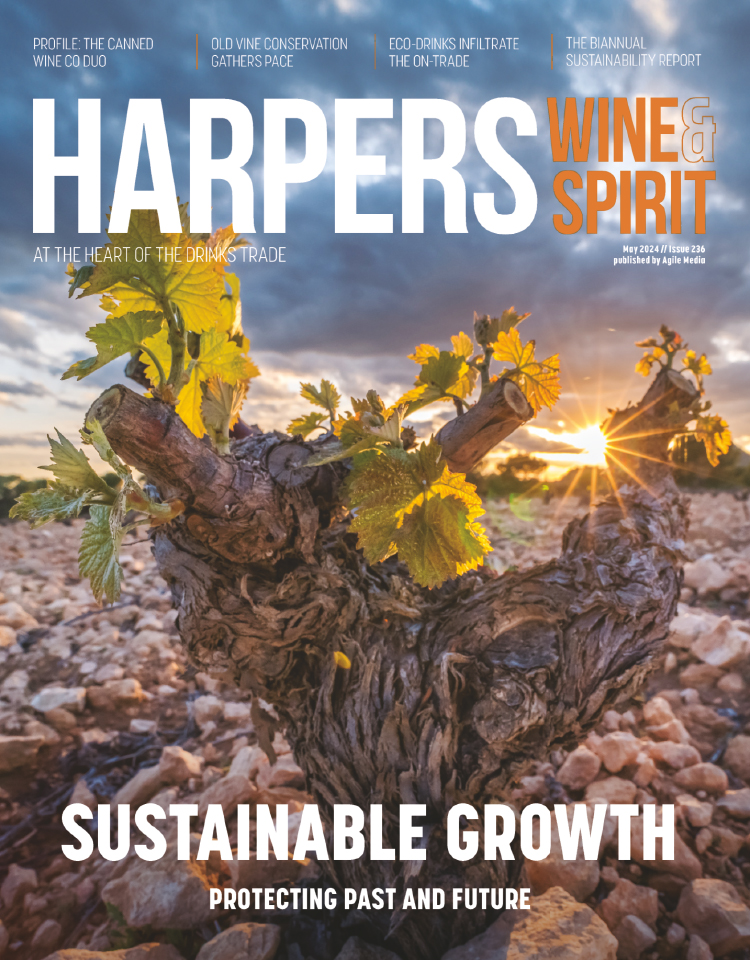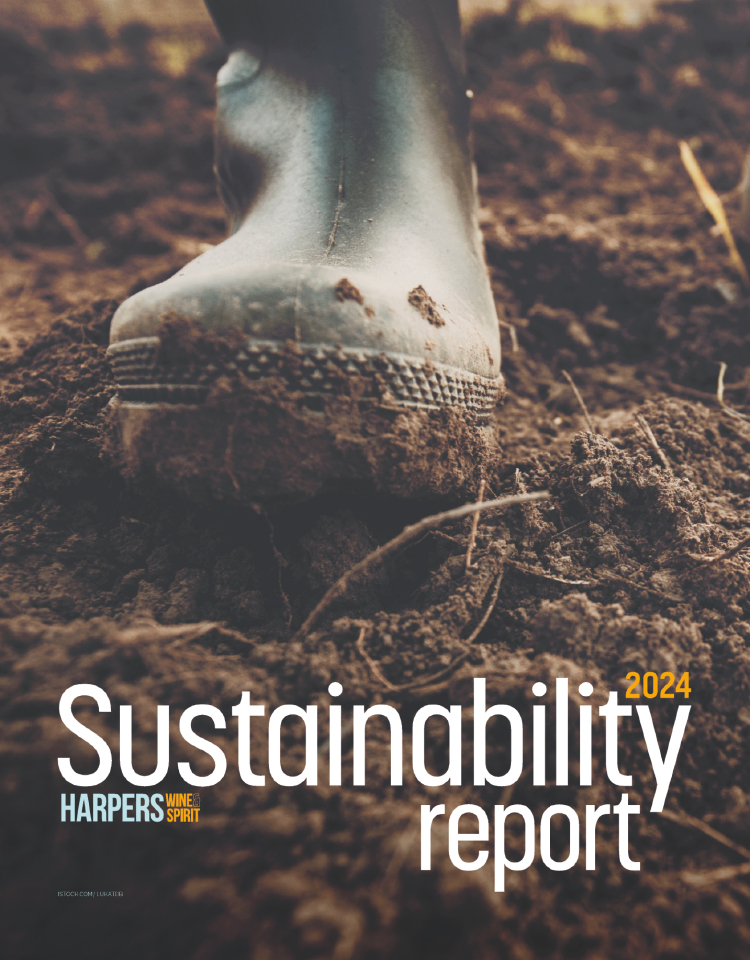
On-trade is moving with the times, say suppliers, as Jamie’s and other well-known faces disappear from the high street
The tired, middle of the road, mid-market section of the on-trade is falling away to make way for new, more innovative concepts, suppliers have told Harpers.
The comments were made as the trade witnessed the fall of yet another high street stalwart, Jamie’s Italian, which has all but collapsed, along with founder Jamie Oliver’s Fifteen and Barbecoa restaurants.
Jamie’s Italian was once the epitome of casual dining success: Oliver’s star power and promises of bringing “great value and much higher quality ingredients” to the Great British public once attracted investors and consumers alike.
Things have soured in recent years however, with criticisms of “expensive prices and unexciting menus” dogging the group.
But despite losing the Oliver business, David Gleave MW, managing director of Liberty Wines – which was a major supplier to the group – remains ebullient, with faith in the way the on-trade seems to be learning from its mistakes.
“The number of restaurants may have dropped, but our sales to the on-trade grew by well in excess of 11% last year. It remains a market with lots of opportunity, as it is constantly evolving. I’m sure more restaurants will close this year, but the best operators will continue to thrive. We just need to make sure that we give them a reason to buy from us,” he said.
The number of restaurants in Britain have dropped by 2.8% in the year to March 2019, according to the latest Market Growth Monitor from CGA and Alix Partners.
In real terms, that chalks up to 768 closures over 12 months, or around 15 a week.
According to CGA, “the gold rush” of the past 10 years is over, with those expensive prices and unexciting menus among the major issues fuelling decline.
Pubs and bars are faring a little better. In 2016, they were closing at an average rate of 31 a week, but that dropped to 13 in the 12 months to March 2019.
Of this, Alix Partners’ managing director Graeme Smith said there are “bright prospects for many groups in the drink-led pub and bar space in particular”, especially those with a “compelling premium drinks offer that strikes the right balance with food”.
This is positive news for operators who now find themselves able to expand into prime sites, often at reduced costs.
However, the offer has to be compelling.
It was this that prompted CGA analyst Charlie Mitchell to comment at last month’s London Wine Fair that “value for experience” has now overtaken value for money in business leaders’ minds as a driver of consumer choice.
CGA constantly tracks the views of operators in the on-trade, and 2019 marks the first time that value for experience has scored higher than value for money, Mitchell said, “highlighting the shift in consumer perception of value, no longer meaning just cheap, but taking into account experiential factors”.
Gleave looks back fondly on the relationship with the Oliver empire, also noting that “Jamie will bounce back, as he is too resilient a character to keep down for long”.
The same could be said of the suppliers and operators still working to serve the Great British public.
Now more than ever, the focus has to be on delivering something the market can get excited about.
Read the full article in this month’s Harpers.
Keywords:
- Suppliers
- CGA
- Restaurants
- trade
- value
- market
- year
- managing director
- 2019
- operators
- jamie’s
- dropped
- 12 months
- british public
- jamie’s italian
- premium drinks offer
- compelling premium drinks






